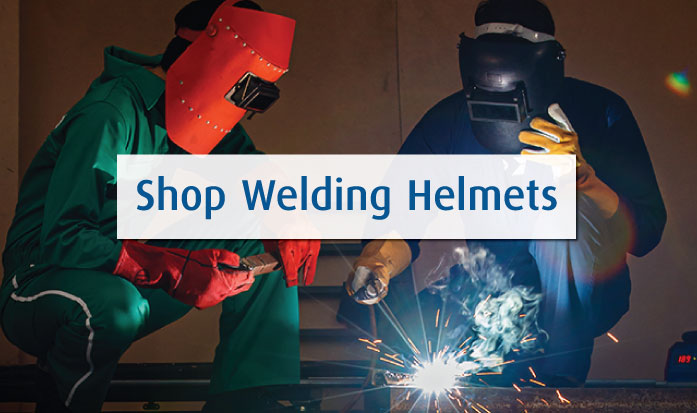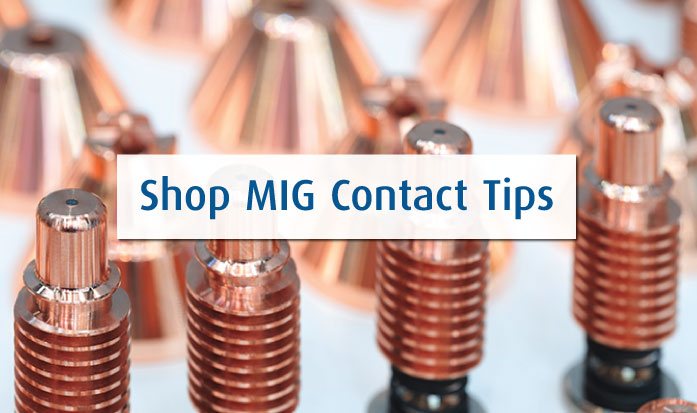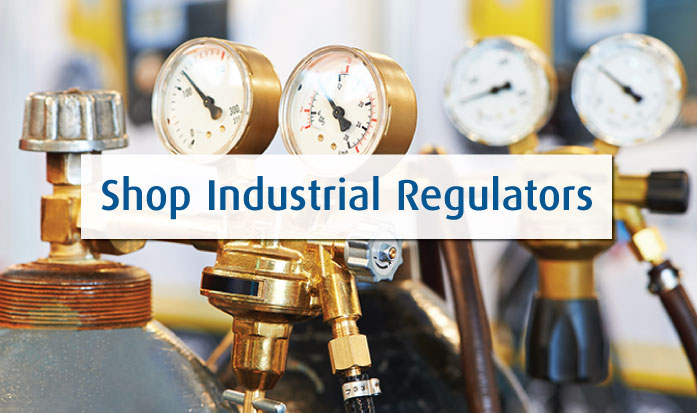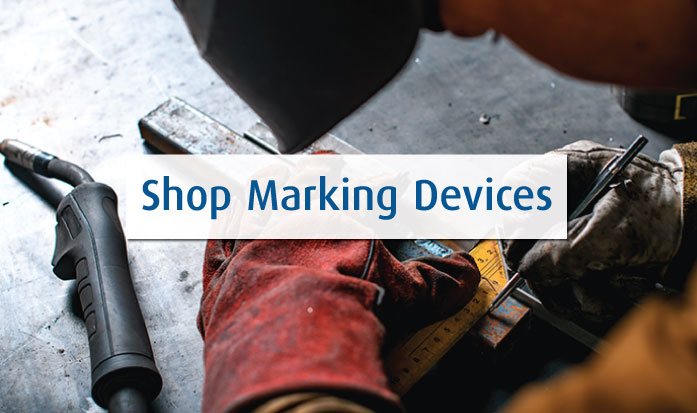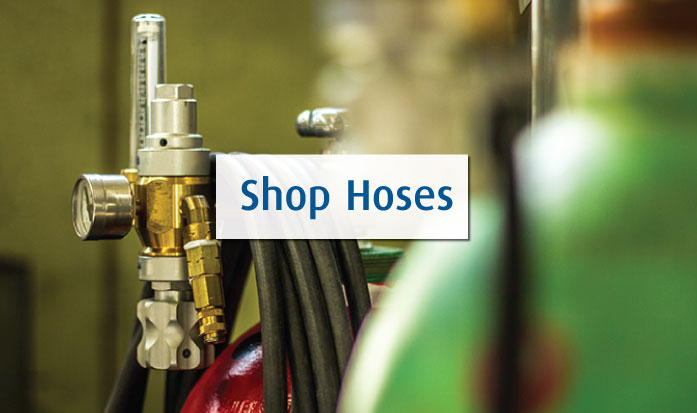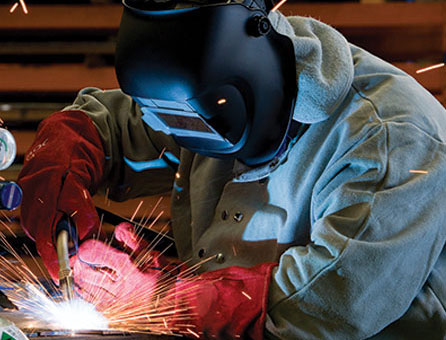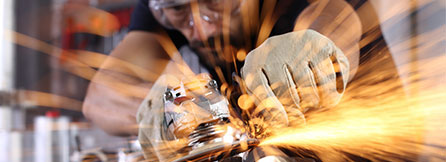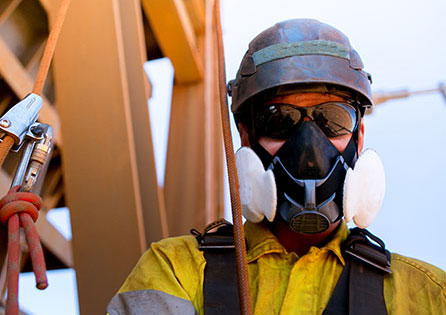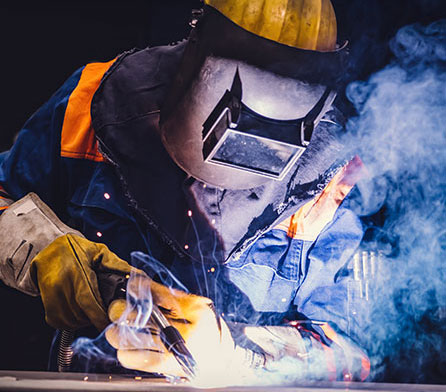- Home
- Frequently Asked Questions
- What are best practices for storing cylinders and liquid containers?
What are best practices for storing cylinders and liquid containers?
Storage of compressed gas cylinders and cryogenic liquid containers is governed by codes of the National Fire Protection Association (NFPA). Local codes may also apply. Know and obey codes governing storage at your location.
Safe Practices
In general, store cylinders so they can’t be easily toppled over. Remember, danger exists not only from accidental release of gas by cylinders damaged in a fall but also from their striking someone and causing injury. Store cylinders upright in compact groups, interlocking them so that each cylinder physically contacts those around it. Do not stand cylinders loosely or in a haphazard manner.
A single cylinder that topples over can create a domino effect causing other cylinders to fall. Single cylinders should be secured in place or on a cylinder cart so they can’t be readily knocked over.
Keep stored cylinders out of high traffic areas. Do not store them near the edges of platforms. Avoid storage in areas where there are activities that could damage or contaminate the cylinders. Electric arc welding can destroy the integrity of cylinder metal if a welder carelessly strikes an arc on a cylinder. Overhead hoists can drip oil or grease on cylinders, contaminating them. Never store cylinders with flammable materials.




